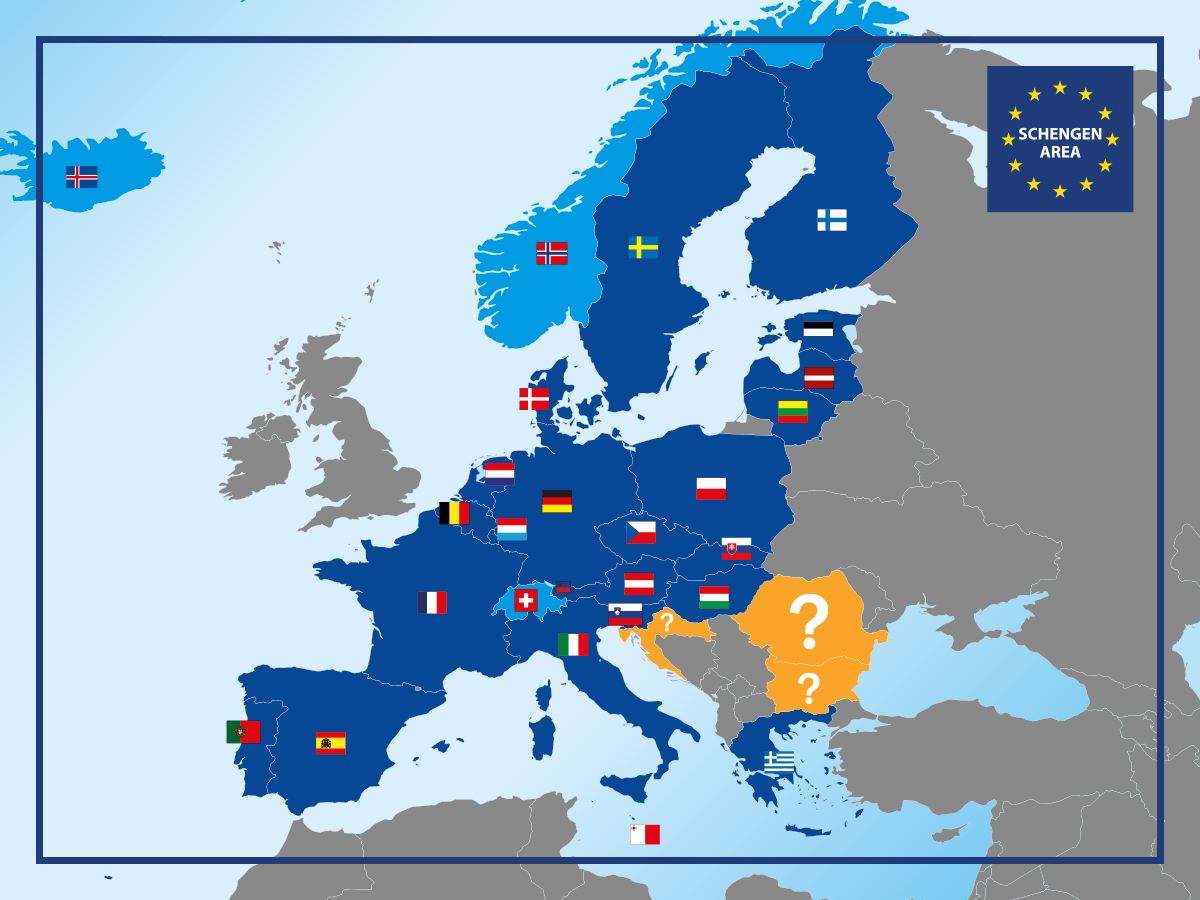It is very likely that by the time this article appears, the next round of EU’s Justice and Home Affairs Council would be over, so would be the vote over the expansion of the Schengen Area.
Based on the previous statements, including Chancellor Nehammer’s on November 24, and Interior Minister Gerhard Karner a few days later, it is also very likely that no positive solution was to be found to the issue of Bulgaria’s and Romania’s Schengen accession.
The EU has clearly realized the urgency of the issue.
EU Commission Vice President Margaritis Schinas has said once that “the time has come to allow Bulgaria, Romania and Croatia to become full Schengen members, as is their right. Continued delays in doing so risks alienating citizens of these countries unduly and at a time when Europe needs to be knitting closer together”, also claiming that an expanded Schengen Area would strengthen the EU both internally and on the global stage.
Exactly when the two main previous opponents, Sweden and the Netherlands seemed to have changed their minds and sent positive messages (at least what regards Romania in the case of the Netherlands), a new actor appeared on the scene, as Austria has declared that it would veto the inclusion of the two countries. Vienna has nothing against the accession of Croatia.
The original Austrian opinion (like the one expressed on November 18) also included Croatia, citing “the current migration figures and the lack of border protection”. After a meeting with Croatian officials, this morphed into “border protection of the Croatian border always means that of the Austrian border as well”. Karl Nehammer also said that his country would “support Croatia’s path into the Schengen Area”. Strong Croatian-Austrian economic ties (Austria is the second biggest investor in Croatia, especially in the financial and construction sector; as well as a beloved holiday destination for Austrian tourists) might have also played a great role vis-à-vis lesser connections either to Romania or Bulgaria.
In the same time, Zagreb declared that it was willing to explain the additional measures also to other EU members. Croatian Prime Minister Andrej Plenkovic said that he provided “further clarifications … in the wider context facing Austria today”.
Bulgaria’s reaction was angered, varying from calling it “clear lack of solidarity” or “mocking” right to “extreme hypocrisy and duplicity” (comparing the exclusion of the country to the pressure exerted on Sofia to agree to the start of accession talks with North Macedonia, regardless Bulgaria’s worries over ethnic minorities).
Comment sections to the articles also reported about growing discontent with constant “goalpost moving” and certain Western nations treating Eastern Europe as inferior, serving only as a market and providing cheap labor.
Austria surely faces a migration problem. As Chancellor Nehammer pointed out, “Austria is facing a major challenge. We are coping with the huge pressure of illegal migration”. Indeed, Austria has recorded about 100,000 migrants in 2022 alone, a sharp increase compared to previous years.
But given the context and the current political and social atmosphere in Europe, it would be easy to paint a picture that Austria uses the threat of veto for several purposes: as a leverage to get a new EU migration and asylum pact to be adopted, but also as a weapon in internal political battles.
And in times when the EU expects its member states to all fall in line with any sanctions package proposed against Russia and show unwavering support for Ukraine, it might not be the wisest path to take.
When countries like Turkey have been labelled as Russia’s pawns (or Trojan horses) and got accused of “blackmailing the alliance”; for exercising their veto rights (or threatening to do so) to block Sweden’s and Finland’s NATO accession instead of strengthening the unity of the bloc; it might not that be that difficult to point at the similarities between the two steps.
Unless, of course, it is the exact purpose.
